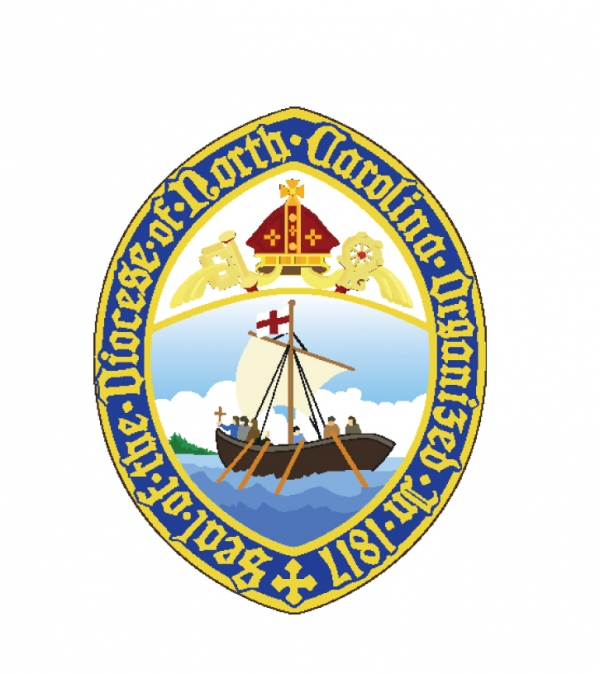Diocese Offers Way for Online Vestry Meetings to Meet Canonical Requirements

During this time when in-person gathering are suspended by pastoral directive, parish and mission vestries are to meet by teleconference instead of face-to-face. Some vestries have expressed concern over whether such meetings may be canonically valid.
Diocesan Canon 33.1 permits a vestry to adopt by-laws that authorize meetings by teleconference; you'll find the text of this canon below. The choice of a particular technology (such as Zoom or Google Hangouts, for examples) to conduct a teleconference is yours, subject to the requirements in Canon 33.1.
We are aware that some churches either have no by-laws at all or have never taken advantage of Canon 33.1 since it was adopted in 2013. Therefore, the Chancellor and I have agreed that a parish or mission vestry that has no by-law to authorize meetings by teleconference may meet by teleconference if the first item of business is to adopt a by-law consistent with Canon 33.1, so long as a quorum of the vestry is present on the teleconference. If the new by-law is adopted, the remainder of the meeting and subsequent meetings may be conducted by teleconference subject to the new by-law and Canon 33.1.
Furthermore, during this exigency the Chancellor and I are waiving the provisions of Canons 20.3(a)(4) and 22.1(d) that require every by-law to be filed with the Ecclesiastical Authority for approval. However, the waiver that I am granting is effective only if the new by-law is fully consistent with Canon 33.1 and no other change to the by-laws was made. The new-bylaws, in full, should still be mailed or emailed to me to Diocesan House as provided in Canon 20.3(a)(4)or 22.1(d).
I hope this notice provides all vestries with the canonically sanctioned means to carry on with its affairs without jeopardizing the health of our congregations and communities. If your church does not already have the means to conduct meetings by teleconference, please visit the online resources provided on the diocesan website for staying connected, or contact the diocesan communications staff for recommendations or assistance in getting started.
Yours faithfully,
The Rt. Rev. Sam Rodman
Bishop, Diocese of North Carolina
Canon 33
Conduct of Meetings and Voting by Remote Technology
[Added by Act 2013-5]
Section 1. Parish and mission vestries, the Diocesan Council, the Standing Committee, the Trustees of the Diocese, and all other commissions and committees of the Diocese are authorized to adopt by-laws providing for the conduct of meetings by teleconference, videoconference, or any other technology that allows all persons participating to hear each other at the same time and to participate in discussion. For purposes of determining a quorum and for voting, members participating in a meeting by means of remote technology are deemed present in person at the meeting.
UPDATE (July 27, 2020) SAMPLE BYLAW TEXT (from Emmanuel, Southern Pines)
The Vestry may permit any or all of its members to participate in a regular or special meeting by, or conduct the meeting through the use of, any means of communication by which all of its participating members may (a) simultaneously hear each other during the meeting and (b) participate in discussion. A member of the Vestry who participates in a meeting by this means is deemed to be present in person at the meeting.
Tags: Press Room / Preparedness Planning
 XII Bishop Diocesan of North Carolina
XII Bishop Diocesan of North Carolina
 Assistant Bishop
Assistant Bishop
